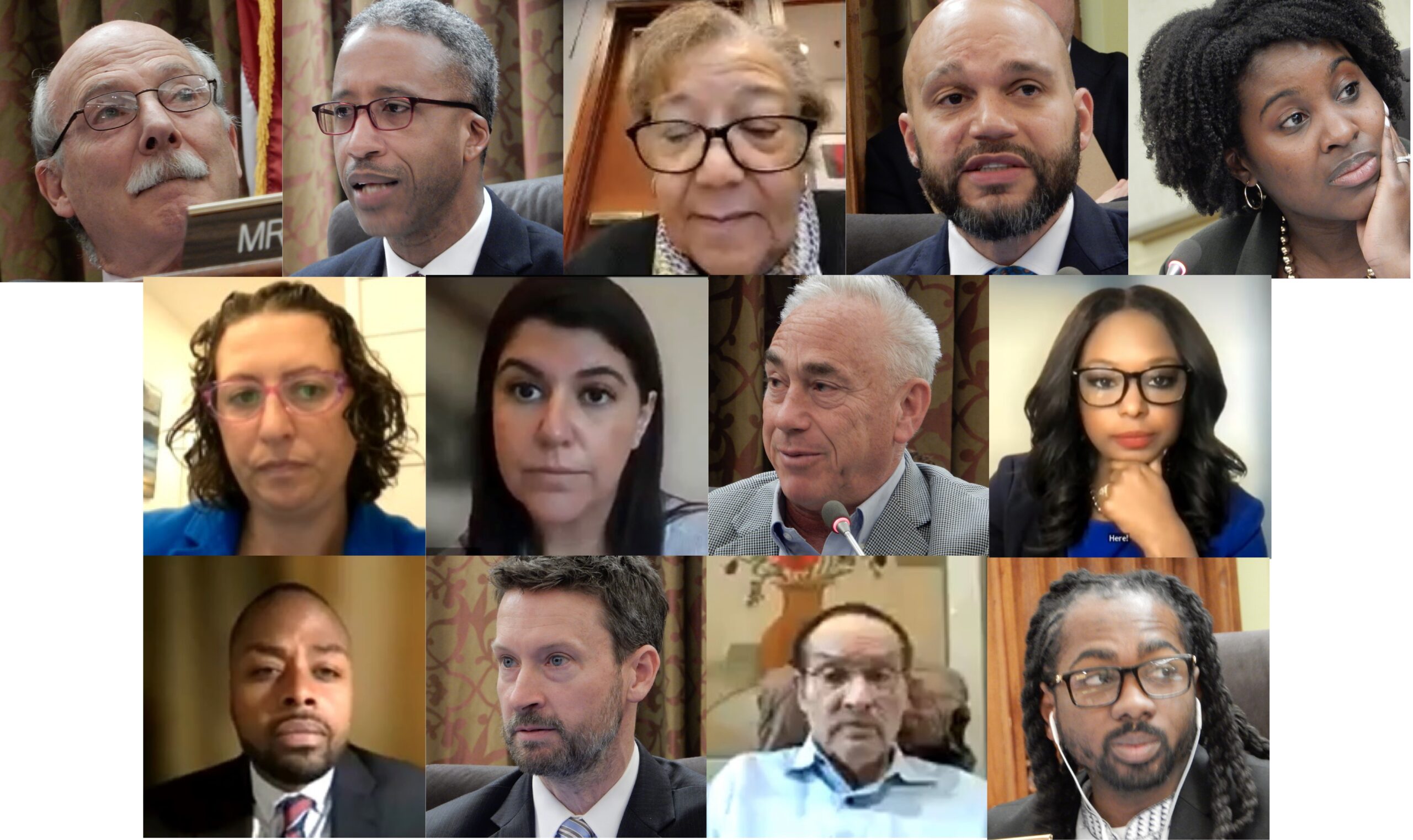Council Approves Short-term Protections for Restaurants from Certain Delivery App Practices

At its most recent Legislative Meeting, the Council approved short-term limits on certain food delivery app practices seen by some restaurants as unfair.
The measure was passed as emergency legislation, meaning it required a two-thirds majority vote to pass, will face no Congressional review, and will go into effect immediately after mayoral consideration, though it will only remain in effect for 90 days.
Bringing urgency to the situation was the expiration in March of an earlier COVID-era law which capped delivery fees charged to restaurants at fifteen percent. Following the expiration of that measure, the prior fifteen percent commission ceiling in a way instead became a floor, meaning it was the least that restaurants could get away with paying the apps. However, in exchange for the fifteen percent payment, many restaurants felt they were receiving bare bones service. This meant that they would appear extremely low down in, or dropped out of, search results, and only customers who lived quite close to the restaurant would see these restaurants in their search results at all.
In regards to the newly passed bill’s content, it ensures that delivery apps cannot exclude restaurants from search results if they only pay the minimal fifteen percent fee. It also ensures that all restaurants will appear in search results for consumers within a four-mile radius of the establishment. It requires the delivery apps to disclose and explain, in plain language, all fees and commissions. Finally, while delivery apps will still be able to prioritize sending delivery vehicles first to restaurants who pay higher commissions, they will not be able to slow-walk the sending of delivery vehicles to those only paying the fifteen percent number.
The Council is currently considering permanent broader legislation regarding restaurants, including elements concerning delivery apps, and will hold public hearings in the coming months. This future legislation could potentially also eventually be more quickly put into place on an emergency basis, but in the interim, the narrower legislation passed at the most recent Legislative Meeting will be in effect, and will inform the successor measure.
In other action, the Council passed, on an emergency basis, legislation that echoes earlier and previously passed permanent legislation renaming Good Hope Road as Marion Barry Avenue. The effect of this emergency version will be to accelerate the prior bill’s implementation. The effect of this bill will be a rare actual and complete street renaming (as opposed to the Council’s more frequent practice of adding a second, ceremonial name to a pre-existing and surviving street name). Because of this, via oral amendment, the Council required the mayor to fully inform all residents and businesses of the name change, the fact that they will each have to officially change their own individual addresses, and the fact that they can do so fee-free with all DC government agencies.
With passage of this year’s budget on the immediate horizon, the Council is entering a cycle of multiple upcoming Legislative Meetings. On May 16 and May 30, the Council will meet to take its two necessary votes on most of the bills comprising the budget, and on June 6, we will hold our usual June Legislative Meeting.